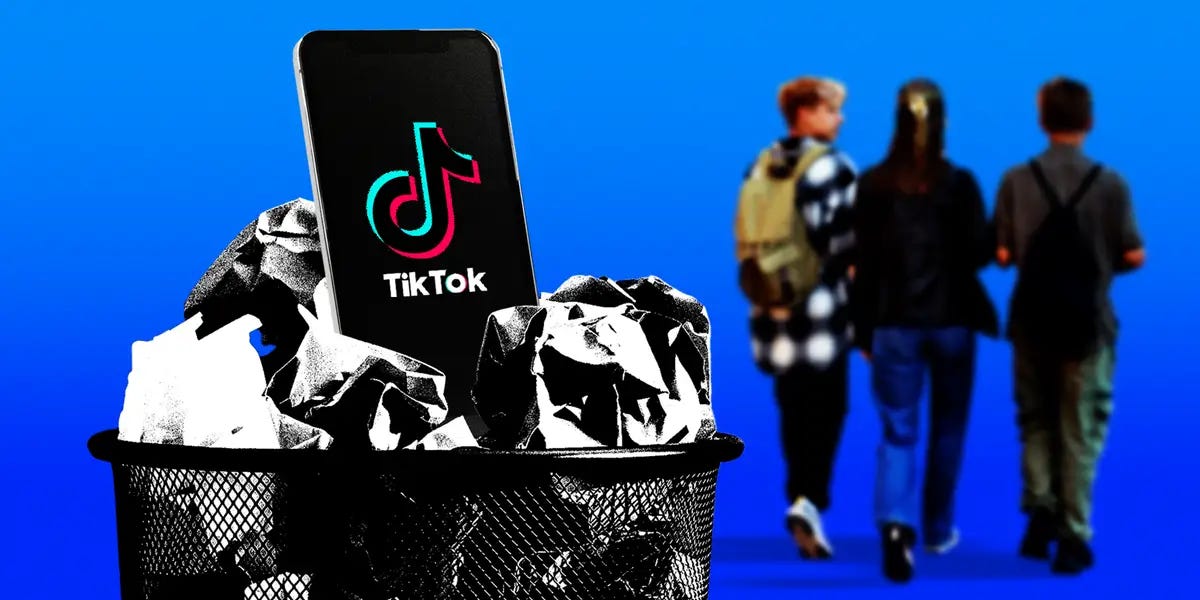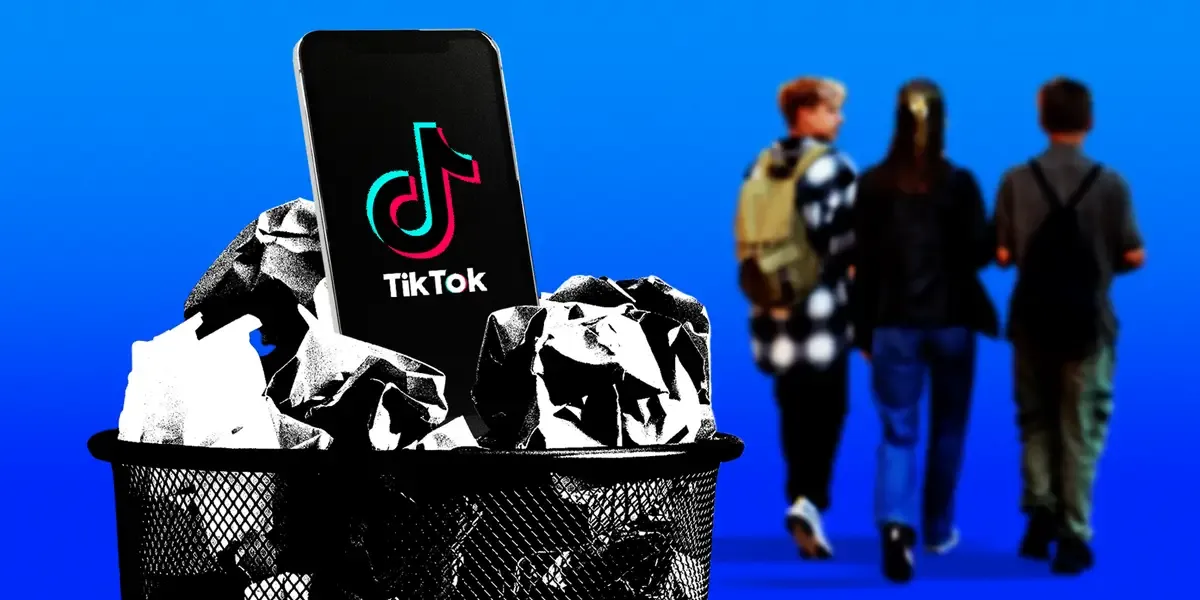Misinformation, Social Proof, and the Role We All Play

Over the past few weeks, my gut feeling has leaned towards favouring a TikTok ban in the US. This is very unlike me, as I enjoy the platform but the way it is a turbo engine for misinformation is frightening.
Let me be clear: I take no pleasure in the thought of 7,000 TikTok employees losing their jobs or seeing the 7 million small businesses who rely on the platform to thrive left without a vital tool. Still, the ongoing issues surrounding misinformation on TikTok make it impossible to ignore the risks it poses – not just in the US, but globally.
As things currently stand, TikTok seems to have narrowly escaped a full shutdown in the US, with a temporary reprieve extending its life by another 90 days. For now, the app remains unavailable on Apple and Google stores in the country.
In the wake of this ban-and-resurrection saga, misinformation thrived on TikTok itself, ironically underscoring the very issue at hand. Videos and comments flooded the platform with false claims that drove massive engagement:
- Users claimed the TikTok CEO had removed “CEO of TikTok” from his bio, supposedly signalling a crisis of confidence. In reality, his bio never included “CEO”it has always simply said “TikTok.”
- Rumours spread that Facebook had only just created its own TikTok account in response to the drama, sparking conspiracies. In truth, the account has existed for years.
- Another user claimed they were unable to unfollow TikTok’s account, when in fact they’d simply clicked on an ad by Facebook that was not connected to their actual profile.
All of these claims were easily debunked, yet they still amassed thousands of views and shares before the facts caught up. This is the heart of the issue: unchecked misinformation thrives in the ecosystem of social media, spreading faster than the truth can chase it down.
Thanks for reading F/ROCK + SC:ROLL! This post is public so feel free to share it.
Comments Are the Silent Puppet Masters
Beyond the videos themselves, comments play a pivotal role in shaping perceptions. This isn’t just about the content of the comments, but the dynamic of social proof – the phenomenon where people look to the actions and opinions of others to guide their own decisions. Comments, likes, and shares carry weight because they seem to represent the collective wisdom of the crowd. But here’s the problem: crowds are manipulable.
We already know how this manipulation works:
- Bots amplify narratives to create the illusion of consensus.
- Unverified claims are recycled, often by well-meaning users who fail to fact-check before sharing.
- Deliberate disinformation campaigns leverage the chaos, weaponising lies to influence public opinion.
These factors combine into a mosaic of half-truths, omissions, and outright fabrications that shape how people see the world. A single false comment can nudge an undecided observer towards a conclusion, creating a ripple effect that spreads far beyond its origin.Subscribed
The Broader Implications for Social Media
This isn’t just a TikTok problem. The influence of platforms like TikTok, X (formerly Twitter), and Meta doesn’t stop at individual users, it bleeds into policy, governance, and societal norms. The likes of Elon Musk and Mark Zuckerberg have already demonstrated their willingness to meddle in these spaces, and it’s naive to assume Europe will be exempt from this influence. Expect continued pressure on EU regulators to shape policies around social media, data privacy, and content moderation in ways that favour their platforms’ dominance.
As I’ve said before, those of us who work in social media and marketing have a responsibility here. We know how the platforms operate. We understand how content is amplified, how narratives are shaped, and how marketing is weaponised. To sit back and feign ignorance is a disservice to the industries we claim to uphold.
The Fragile Democracy of Social Media
At its best, social media feels like a democratised space: anyone can create a catchy video, gather thousands of views, and share their voice. Marginalised communities have used these platforms to organise, advocate, and demand change. In that sense, it feels empowering.
But let’s not forget how fragile this ecosystem is. The infrastructure of social media – the “means of culture and communication,” if you will – is controlled by a small handful of corporations. These are entities with their own agendas, profit motives, and political interests. With the flick of a switch, they can delete an account, shadowban a topic, or simply shut down an entire platform in a region. The idea of social media as an inherently democratic space crumbles under the weight of this reality.

